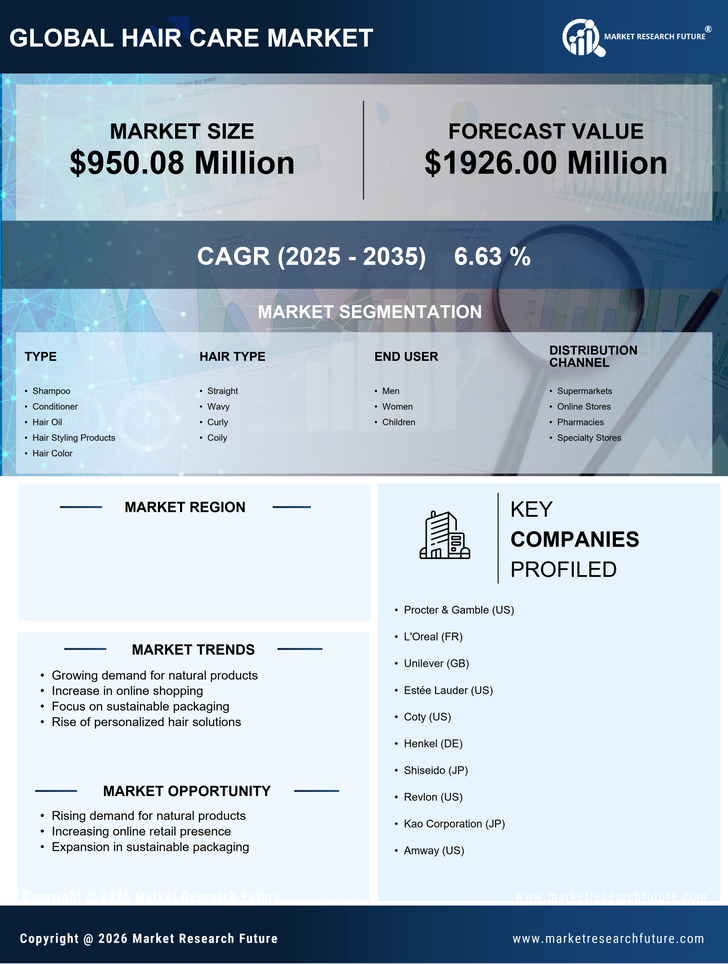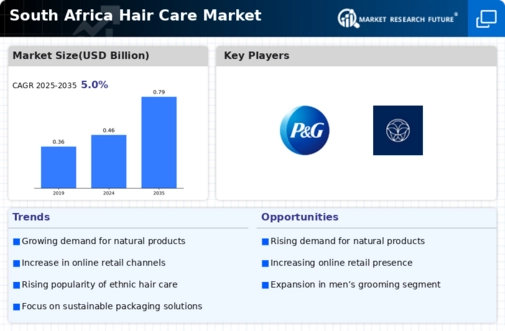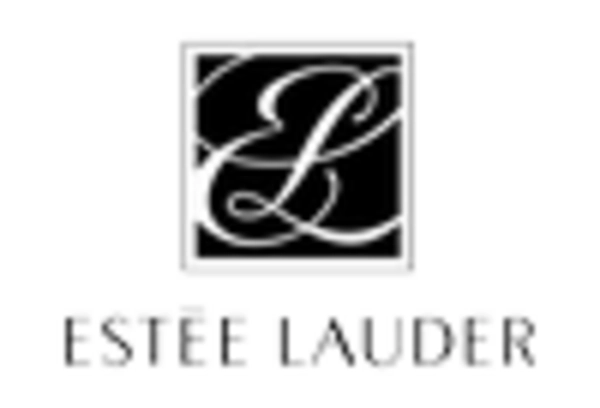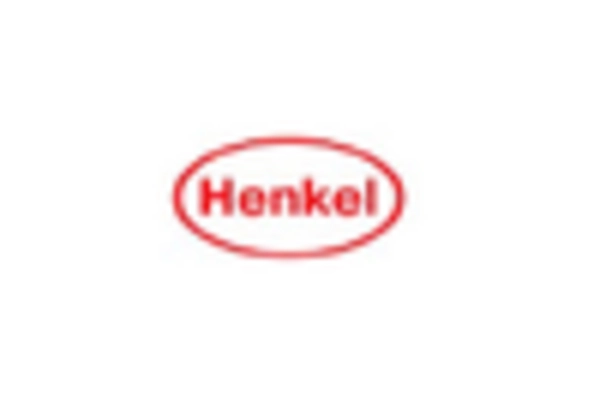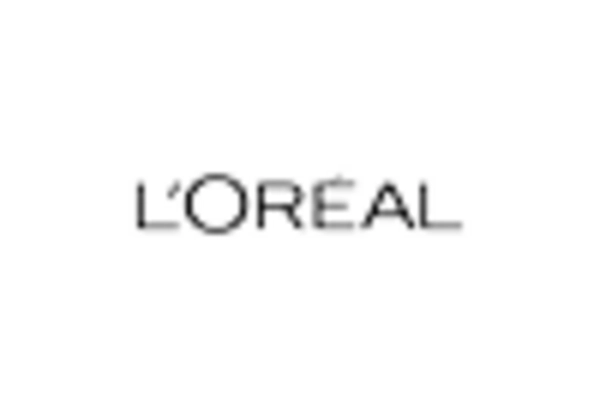Expansion of Retail Channels
The hair care market in South Africa is experiencing an expansion of retail channels, which is facilitating greater accessibility for consumers. Traditional brick-and-mortar stores are increasingly complemented by online platforms, allowing consumers to purchase products conveniently. This shift is expected to boost sales in the hair care market, with online sales projected to account for 40% of total revenue by 2026. The diversification of retail channels not only enhances consumer choice but also encourages brands to adopt omnichannel strategies to reach a wider audience. As a result, the hair care market is likely to benefit from increased competition and innovation, ultimately leading to a more dynamic marketplace.
Rise of Personalization in Hair Care
Personalization is emerging as a key driver in the hair care market, with consumers increasingly seeking products tailored to their specific hair types and concerns. This trend suggests that brands offering customizable solutions, such as personalized shampoos and conditioners, are likely to capture a larger share of the market. In South Africa, the demand for personalized hair care products is projected to grow by 25% over the next few years. This shift towards individualized products not only enhances customer satisfaction but also fosters brand loyalty, as consumers feel more connected to products that address their unique needs. Consequently, the hair care market is evolving to accommodate this demand for personalization, prompting brands to invest in research and development to create innovative solutions.
Growing Demand for Sustainable Products
The hair care market in South Africa is witnessing a notable shift towards sustainability, driven by increasing consumer awareness regarding environmental issues. This trend indicates that consumers are actively seeking products that are eco-friendly and ethically sourced. In 2025, it is estimated that the market for sustainable hair care products could account for approximately 30% of total sales. Brands that prioritize sustainable practices, such as using biodegradable packaging and natural ingredients, are likely to gain a competitive edge. This growing demand for sustainable products not only reflects changing consumer preferences but also encourages manufacturers to innovate and adapt their offerings to align with these values, thereby shaping the future landscape of the hair care market.
Influence of Health and Wellness Trends
The hair care market is increasingly influenced by broader health and wellness trends, as consumers become more conscious of the ingredients in their hair care products. There is a growing preference for products that promote scalp health and overall hair vitality, which aligns with the wellness movement. In South Africa, the market for health-focused hair care products is expected to grow by 20% in the coming years. This trend indicates that consumers are not only looking for aesthetic benefits but also for products that contribute to their overall well-being. Brands that emphasize the health benefits of their formulations are likely to resonate with consumers, thereby driving growth in the hair care market.
Cultural Influences on Hair Care Choices
Cultural diversity in South Africa plays a significant role in shaping consumer preferences within the hair care market. Different cultural backgrounds influence hair care routines, product choices, and styling techniques. This diversity suggests that brands must cater to a wide range of hair types and textures to effectively meet consumer needs. In 2025, it is anticipated that products specifically designed for various cultural hair types will represent a substantial portion of the market. By acknowledging and embracing cultural influences, brands can foster inclusivity and enhance their appeal, thereby driving growth in the hair care market.
